Before director Matt Reeves introduced a new vision of Gotham City in The Batman, Ben Affleck was set to helm the film based on a script he wrote centered around his version of Bruce Wayne in the DC Extended Universe. But as Affleck dealt with health issues and lost interest in directing the project and playing Batman, Reeves, and Warner Bros. continued steering in a different direction until an entirely new cinematic universe came to fruition with Robert Pattinson playing the Dark Knight.
Though the final cut of The Batman is arguably one of the best films about the Caped Crusader, many “Snyderverse” fans can’t stop wanting to see what could’ve been. And while Affleck seems happy and healthy, having hung up his cape and cowl, one can’t help but want to see his canceled film based on the many cool things that have been revealed over the years.
Deathstroke is the villain
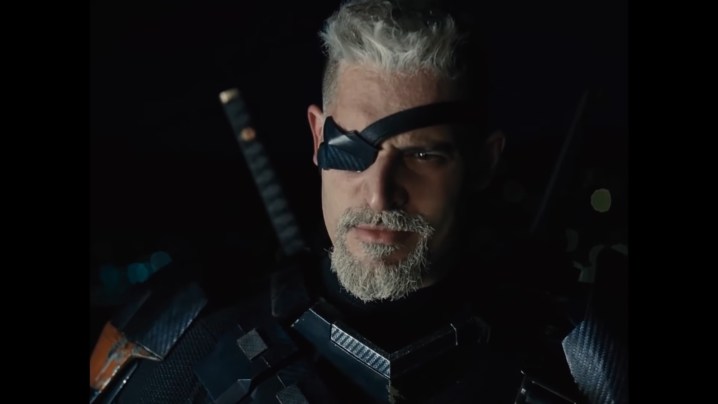
Played by Joe Manganiello, Deathstroke made his big screen debut in Justice League, but it was Zack Snyder’s cut of the film that explicitly set up his confrontation with Batman after Lex Luthor revealed the latter is Bruce Wayne.
If Wilson appears delighted after learning this, it’s because the assassin blames the Dark Knight for the death of his son in some unknown incident. As a result, it was quite a surprise to see Batman and Deathstroke working together to defeat Darkseid in the epilogue of Zack Snyder’s Justice League.
Batgirl appears

As many people know, Batgirl was going to be introduced to the DCEU in her very own film before it was notoriously shelved following Discovery’s merger with Warner Bros. However, Joe Manganiello revealed that she was once supposed to make her first appearance much, much sooner, as she would’ve become Batman’s partner in his battle against Deathstroke in his canceled film.
Batgirl appearing in this manner would’ve added some natural development to Bruce’s character, as he spent most of the DCEU flying solo in Gotham since the death of Robin.
The story was inspired by David Fincher
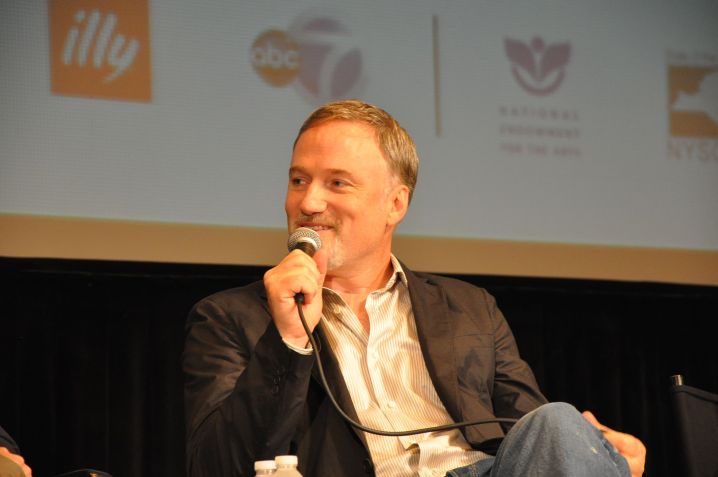
Since Affleck’s story was more of a psychological thriller, it’s no surprise that he took some cues from director David Fincher, who made such genre classics as Seven, Fight Club, and Zodiac. The narrative was specifically inspired by Fincher’s film, The Game, which follows a man who gets a birthday gift that throws his life into a tailspin as he becomes the target of a massive conspiracy.
The similarities are evident in The Batman’s original story, as Deathstroke would’ve done everything he could to ruin Bruce Wayne’s life as both a civilian and a vigilante. It’s also no surprise that Affleck was inspired by Fincher, given that he worked with the acclaimed director on 2014’s Gone Girl.
There is an epic final battle

It’s common knowledge that superhero movies typically end with an explosive third act, and The Batman would’ve taken this trend to the extreme. After Deathstroke spends most of the film trying to destroy every part of Bruce’s life, the two of them engage in a thrilling final battle that takes them through the streets of Gotham.
Batman would’ve been overwhelmed by him, as he is able to match him in combat, but Batgirl would’ve swooped in to help battle Deathstroke. It’s an exciting conclusion, to say the least, with Manganiello describing Deathstroke as a horror movie villain akin to the shark from Jaws coming after Bruce at this point.
It explores Bruce’s mental health
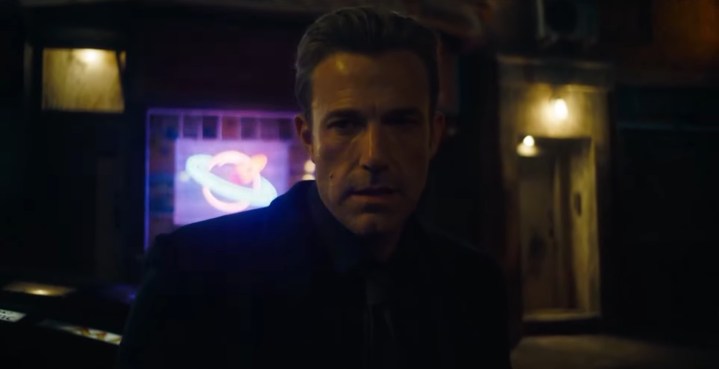
Batman’s mental health has been debated and analyzed for decades now, and Affleck’s film would’ve explored the Caped Crusader’s psyche in a way no other film had done before. Cinematographer Robert Richardson, who was hired to shoot the film, claimed that it would’ve gone into the “insanity aspects” of Bruce’s character and that audiences “would’ve seen something a little darker than what [they have] seen in the past and more into the individual, who was inside Batman – what element may be sane and what element may actually not be sane.”
Fortunately, this psychoanalysis was carried on into Matt Reeves’s film, as it explores the harmful impact Bruce’s actions as Batman have caused and how he isn’t so different from the criminals he puts away.
It has been compared to James Bond
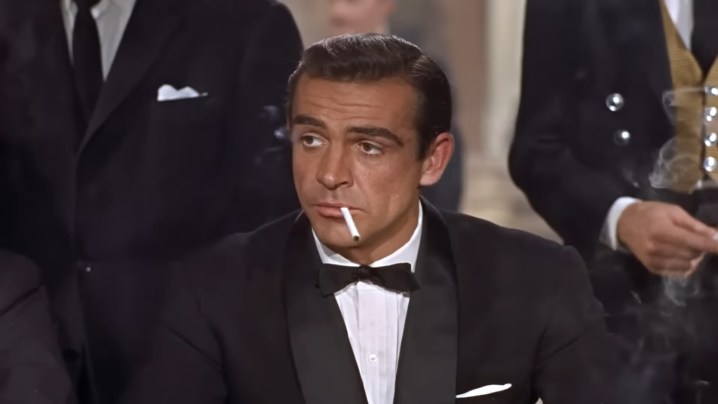
The Flash once dubbed Batman the “James Bond of superheroes,” an apt comparison given his globe-trotting adventures, superb combat skills, and a seemingly endless supply of hi-tech gadgets.
Naturally, Matt Reeves described Ben Affleck’s film as an “action-driven” and James Bond-ian” adventure. Depicting the Dark Knight’s tale like one of 007’s missions is an interesting approach, one that Reeves traded for a more grounded, noir-style mystery surrounding the Riddler and Gotham’s criminal underworld.
It has many acclaimed influences

The story was particularly inspired by the infamous “Knightfall” storyline, which featured Batman’s brutal defeat at Bane’s hands, and Grant Morrison’s Arkham Asylum: A Serious House on Serious Earth.
The film was also influenced by the beloved Batman: Arkham Asylum video game (which was itself inspired by the latter comic) that showed the Dark Knight face off against his greatest enemies after getting trapped in the titular hospital. Speaking of which…
It is set mainly in Arkham Asylum
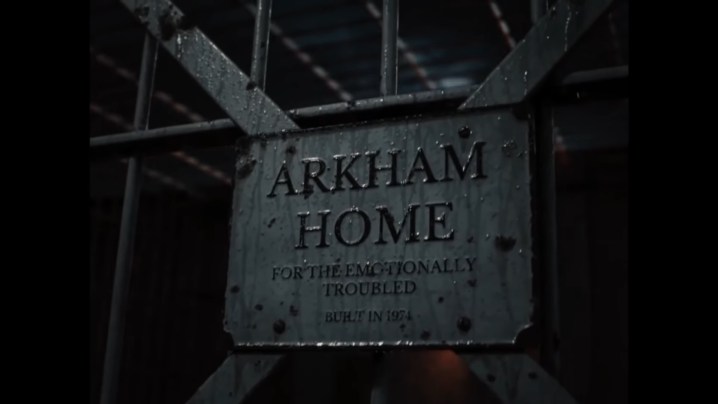
Though Arkham Asylum is a central piece of Batman’s world, it hasn’t been explored much in any of Batman’s live-action films, and it has only made a couple of fleeting appearances in the DCEU. However, it has been revealed that Affleck’s film would’ve primarily taken place in the notorious psychiatric hospital.
Such a setting seems fitting for this canceled tale, as it would’ve added tension to the psychological journey that Batman was supposed to go through. Also, who wouldn’t want to see Batman come across all of the deadliest villains that he put away in Arkham over the years?
It delves into Batman’s unexplored mythos
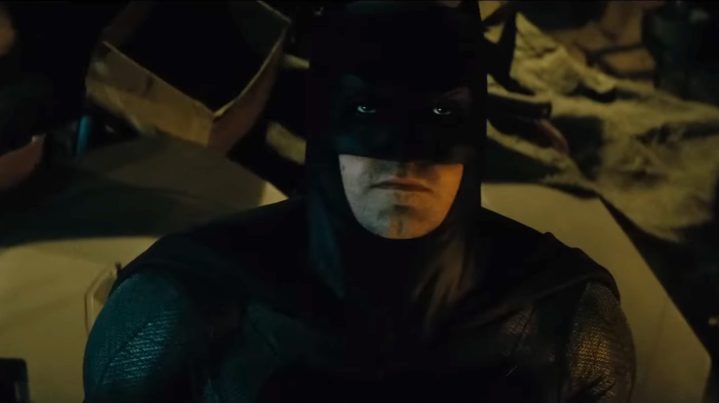
In a recent interview with Inverse, DC storyboard artist Jay Olivia, who worked on many of the DCEU’s early films, expressed his amazement at how Affleck’s shelved film took the Caped Crusader in a bold new direction.
“Ben’s story was gonna cover something that had never really been covered in comics but was building off of storylines in the Batman over the last 80 years and approaching it from a new kind of perspective,” said Olivia.
It explores Robin’s death
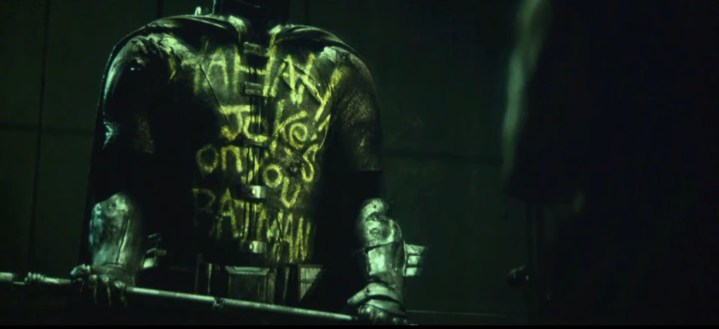
Dick Grayson was noticeably absent from the DCEU, as it was revealed that the Joker killed and burned the Boy Wonder long before the events of Batman v Superman. His murder had a traumatic effect on Batman, as it drove him to break Joker’s teeth and become more violent and ruthless as a vigilante.
There were only small references to Robin’s death in DCEU, with Batman and the Joker discussing it at the end of Zack Snyder’s Justice League. However, The Batman‘s initial story would’ve explored this tragedy in greater detail.



